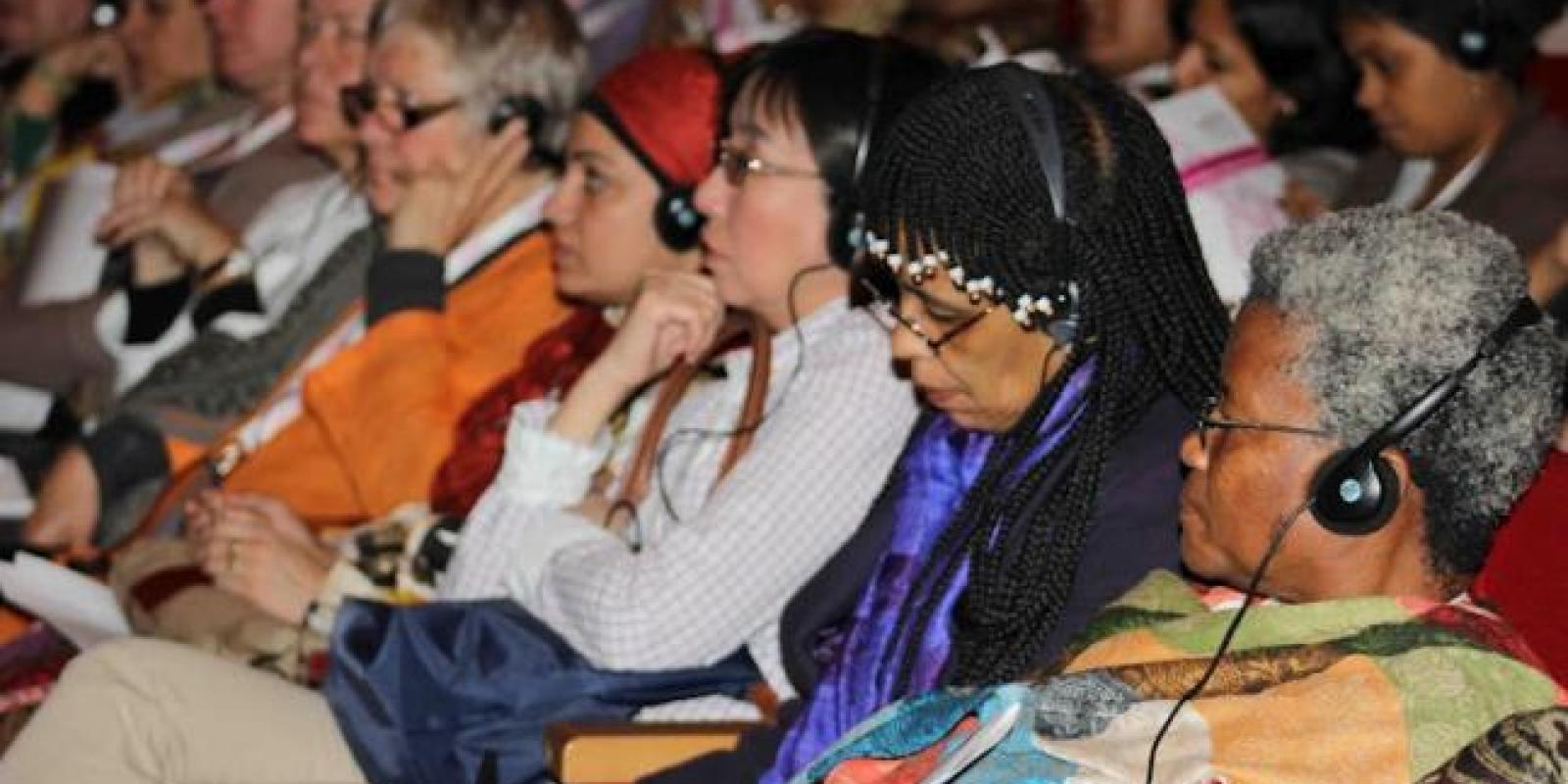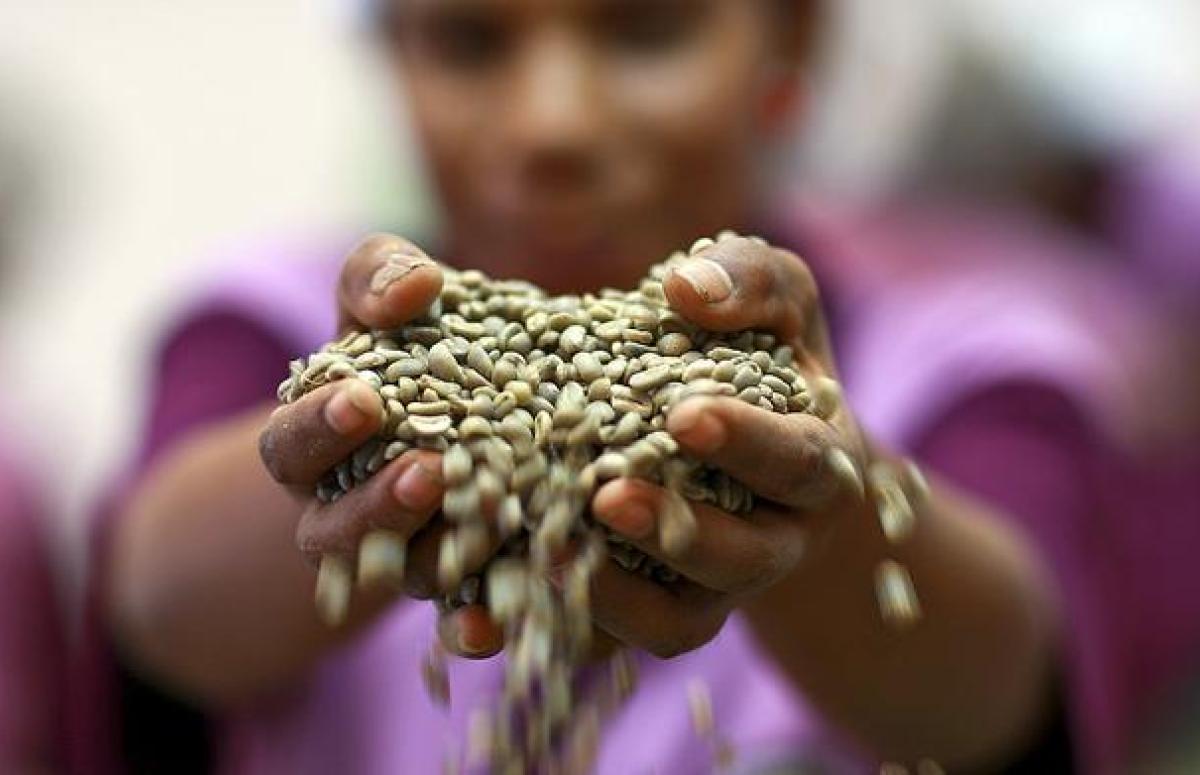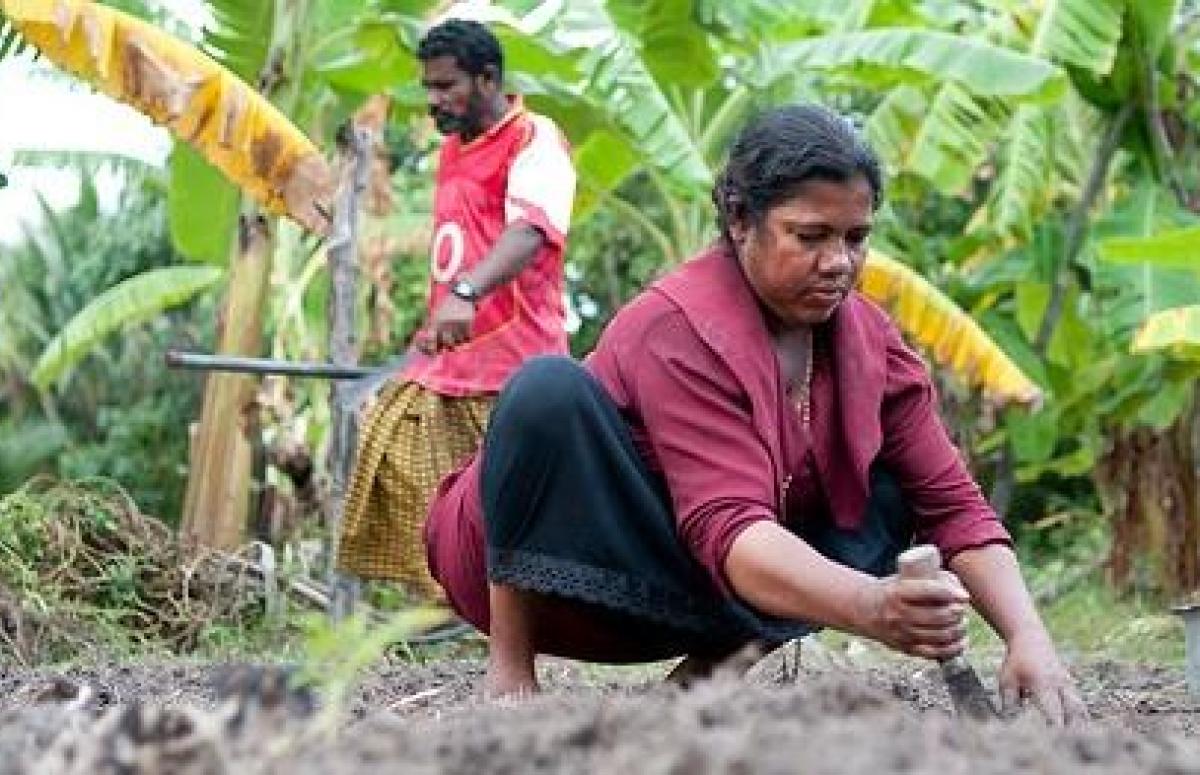Historic Role
SID has played a significant historic role in promoting the incorporation of gender and women in development within United Nations spaces and the overall development sector. Since its establishment in 1957, SID has been at the forefront of advocating for gender equality, women's rights, and the recognition of the critical role of women in development.
SID has actively engaged in international forums and platforms, working to shape policies and initiatives that prioritize gender equality and women's empowerment. Through its participation in United Nations conferences, including the landmark World Conferences on Women, such as the Mexico City Conference in 1975, the Nairobi Conference in 1985, and the Beijing Conference in 1995, SID has advocated for gender mainstreaming in development agendas.
One of the key contributions of SID has been in influencing the development of international frameworks and instruments that address gender issues. For instance, SID played a crucial role in the formulation of the Convention on the Elimination of All Forms of Discrimination against Women (CEDAW), which was adopted by the United Nations General Assembly in 1979. SID's expertise and advocacy helped shape the language and content of CEDAW, which remains one of the most comprehensive and influential international agreements promoting gender equality.
In addition to its involvement in UN spaces, SID has consistently emphasized the importance of incorporating gender perspectives and women's voices in development planning, policies, and programs at the national and local levels. Through its research, publications, and advocacy efforts, SID has highlighted the need for gender-responsive approaches that address the specific needs and challenges faced by women in different contexts.
SID has also facilitated knowledge sharing and collaboration among development practitioners, policymakers, and civil society organizations to promote gender equality and women's empowerment. By organizing conferences, workshops, and expert meetings, SID has created spaces for dialogue, learning, and the exchange of best practices. This has contributed to building a global network of actors committed to integrating gender perspectives into development practices.
Moreover, SID's publications, including journals and reports, have been instrumental in disseminating research and analysis on gender and development issues. By providing a platform for feminist scholarship and critical reflections, SID has fostered a deeper understanding of the complexities surrounding gender dynamics in development.
Overall, the historic role of the Society for International Development in the incorporation of gender and women in development in United Nations spaces and the broader development sector has been instrumental. Through advocacy, knowledge sharing, and active engagement, SID has played a vital role in shaping international frameworks, influencing policies, and promoting gender equality as an essential component of sustainable and inclusive development.
A historic reflection by Shobha Raghuram on Rio+20
Elissa Braunstein reviews the gendered employment impacts of the macroeconomic policy environment, with a particular focus on women’s employment. This is a summary version of the article: ‘Neoliberal Development Macroeconomics: A Consideration of its Gendered Employment Effects’, published by UNRISD, February 2012



